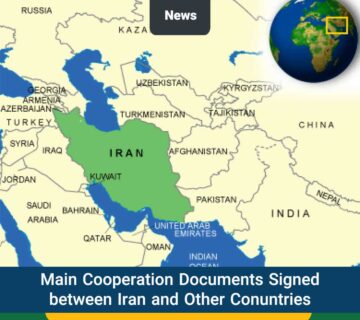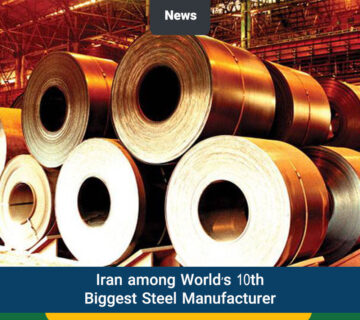In this article you will read:
Local Content Requirement under the Laws of Iran
1. Introduction
An important obligation which foreign investors should duly take into account when intending to carry out projects for governmental counter-parties in Iran is the requirement of local content. Local Content requirement is applicable in relation to public projects or projects financed, one way or another, by government money.
The requirement of local content is based on a law entitled “Maximum Utilization of Production and Services Potency in Providing Country’s Needs and Promotion of Exports”, hereinafter Maximization Act.
The Act was passed in the Iranian Parliament in 2012, abolishing all existing legislation in this regard.
The aim of the Act is to encourage contractors of public projects to maximize their use of domestically-produced goods and local services, which is expected, in turn, to lead to a boost in domestic production.
2. What Companies and Organizations are Subject to Maximization Act?
According to article 2 of Maximization Act:
“All ministries, state-owned organizations, institutions, companies, banks, non-governmental public institutions, as well as the Ministry of Oil and its affiliated companies, the National Oil Refining and Distribution Company, the Civil Aviation Organization, the Islamic Broadcasting Organization of Iran, National Steel Company and National Iranian Copper Company, and their subsidiaries and affiliates” are subject to this Act and have to consider the local content requirements in their contracts. Note 1 of article 2 also states that: “Companies, industries, factories, and private sector institutions involved in the implementation of projects using state budget are subject to this Act as to the amount of financial facilities using by them”.
3. What Are the Local Requirements?
Article 4 of the Maximization Act states: “Companies and organizations mentioned in this Act must be ensured that a minimum of 51 percent of the cost of every project is executed through domestic labor (local content) in all construction, installation, supply and service projects”.
In cases when it is not possible to use local products, it is possible to waive local content requirement and supply the needs by using foreign products subject to the agreement of the highest authority of the relevant entity and the Minister of Industry, Mining and Commerce.
This can be done only if the required products are not listed in products that can be domestically produced.
4. Supervising on the Application of Maximization Act
According to article 6 of Maximization Act, The Ministry of Industry, Mine and Trade is required to avoid the registration of importation order of goods, equipment, supplies and products that do not comply with the provisions of this law.
Judiciary of Iran also required to allocate a few branches of public courts to prosecute the violations of state and private organizations and companies caused by non-enforcement of this law.

5. Impact on Foreign Contractor and Subcontractor
Those foreign companies involved as contractor or subcontractors in projects that are financed by governmental organizations or state-owned companies, are subject to Maximization Act and local content requirements are applied to them.
However, if a project is financed by foreign investors or private sector in Iran, the local content requirements are not applied to it.
6. Expressing Local Content Requirement in Contracts
There is a lack of attention to the local content requirement in many of contracts drafted by state departments and companies.
Since foreign companies in Iran may not be aware of this requirement, governmental organizations should incorporate a clause in their contracts which expresses this requirement and explains how the local content should be calculated and allocated.
Our team is composed of highly skilled and versatile lawyers who combine practical experience and academic knowledge of their field. Most of our practitioners have worked in different professional environments, often outside their home jurisdiction.





No comment